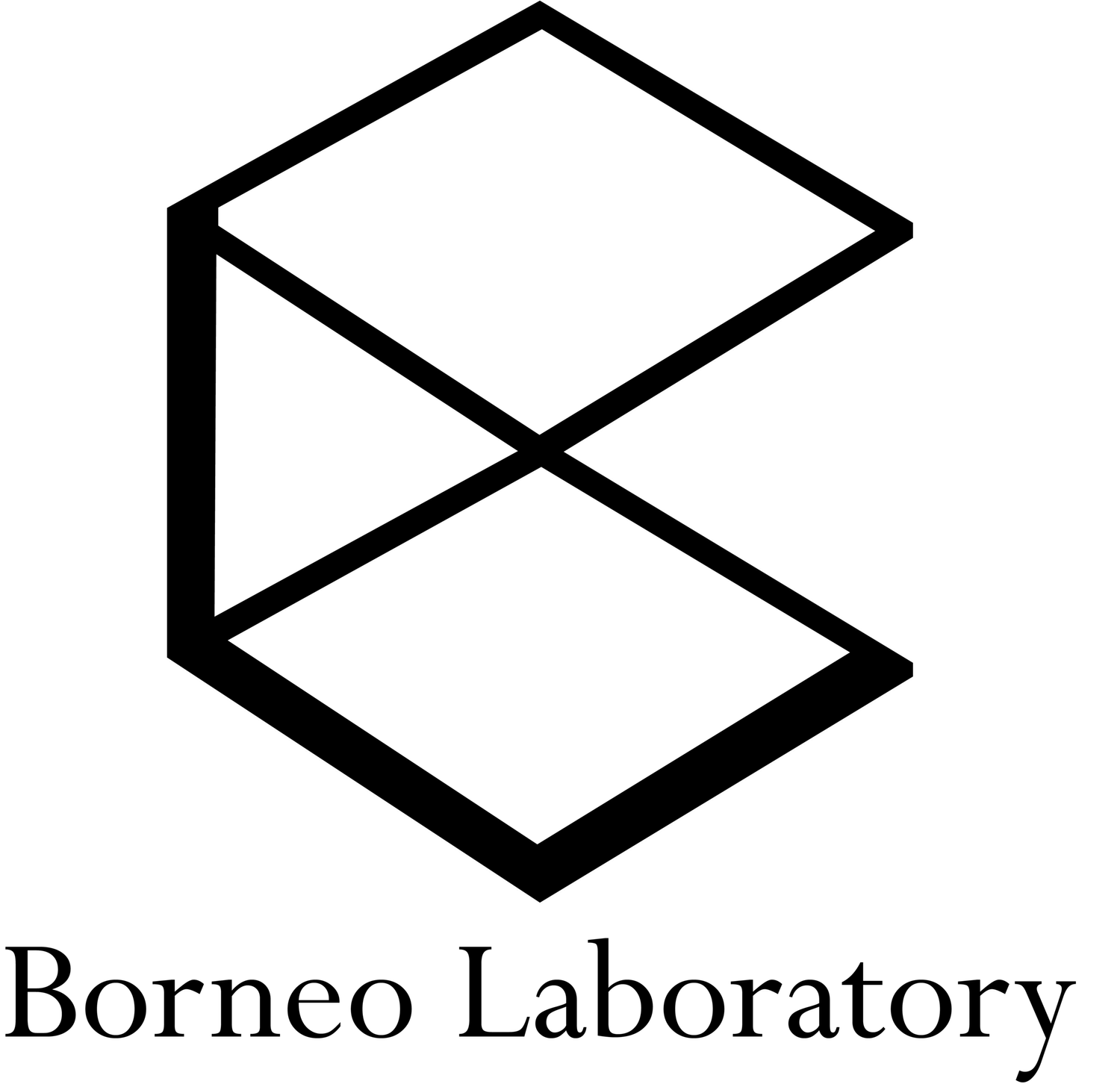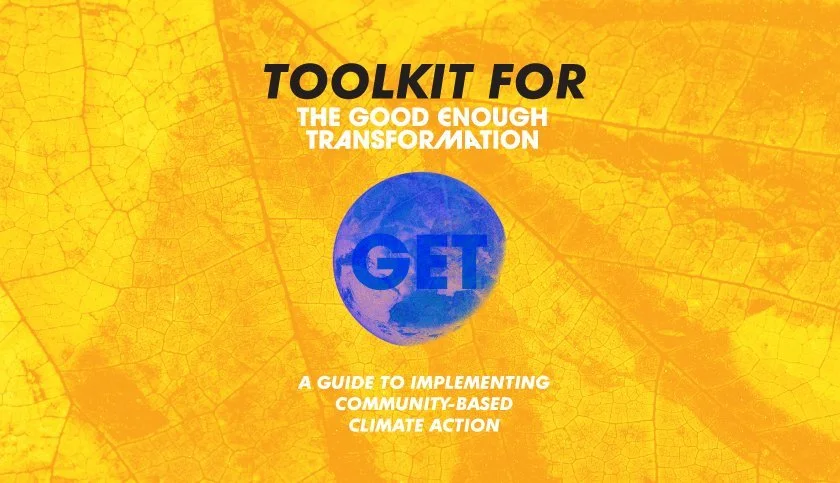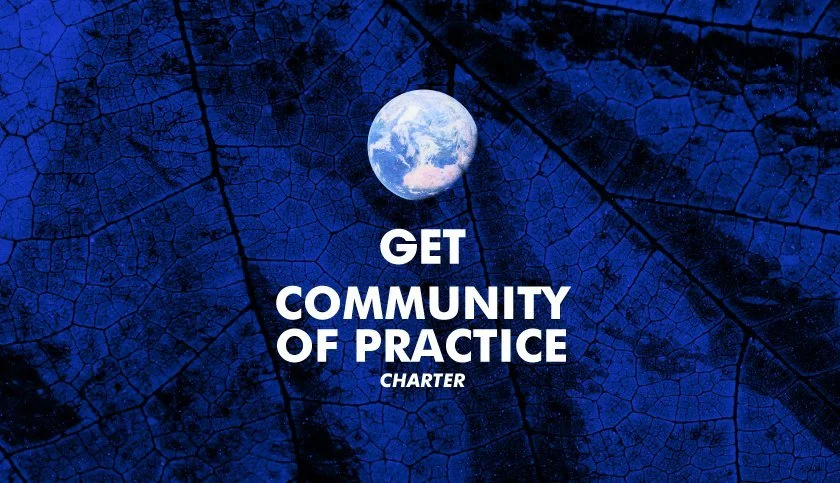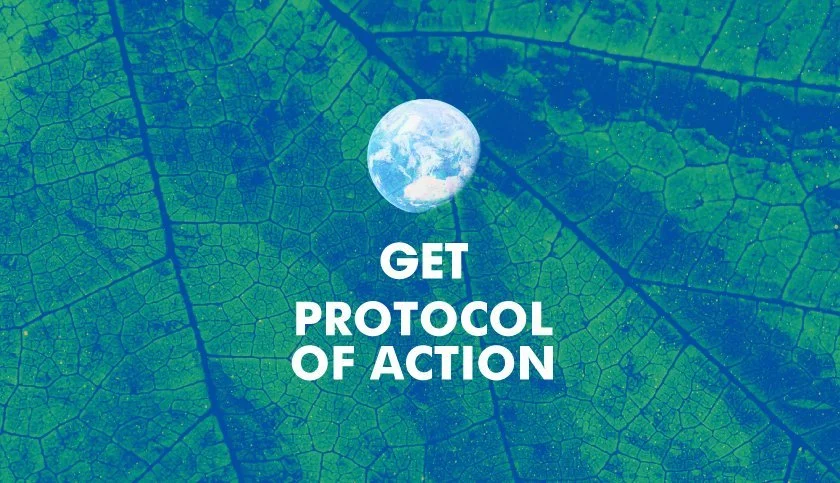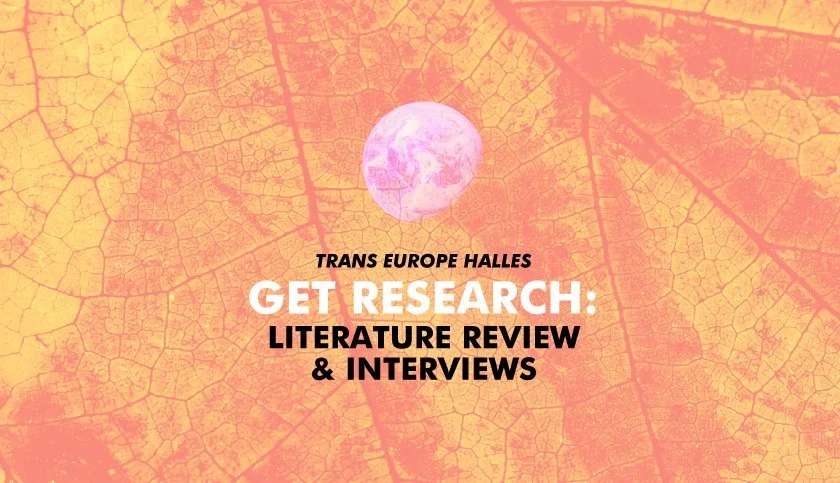Good Enough Transformation
The seeds for a global green transition don’t need to wait for big technological revolutions. They can be found in small landscapes of local grassroots communities around the world. Since February 2024, GET has been inspired by community-based initiatives from all over the globe that demonstrate this time and again.
Learn more and find free resources to start you own Good Enough Transformation
What is #GET exactly? GET offers a unique perspective on a sustainable green transformation that is driven by local collectives, collaborative social networks and the interaction between traditional knowledge systems, small creative economies and accessible urban innovation.
Since February 2024, GET has been on a quest to find and share affordable, sustainable and immediately accessible green transformations —combining sustainable innovation with the cultural and natural heritage of communities worldwide: from nature-based agricultural heritage in Mexico, vernacular architecture in Burkina Faso, community gardens in Cyprus and upcycling material explorations in Malaysia. The Good Enough Transformation framework prioritises incremental, locally driven climate action over perfectionism.
Community-based practices (mentioned above) are powerful catalysts for systemic change from the micro-local level that can impact the global scale. They serve as invaluable repositories of vital vernacular knowledge, essential for seamlessly implementing the green transition at the microlocal level.
While communities can't lead the full transition alone, they can enact what we like to call a "good enough transformation". This involves engaging people, fostering low-cost, locally sourced sustainable solutions and harnessing traditional knowledge and collective creativity to transform their immediate environment into greener, more sustainable spaces. Precisely this approach will be embraced by #GET.
Building a community of practice that unites, exchanges and shares insights, learning and discoveries on the #GET green transition, rooted in local community-based sustainable practices from across the 4 continents - Europe, Asia, Africa and America.
Climate change is ushering in a host of challenges, including rising temperatures, extreme weather events, and disturbances to ecosystems. Our relentless exploitation of the Earth's resources through deforestation and habitat destruction exacerbates these issues, leading to a loss of biodiversity. The most vulnerable communities bear the brunt of environmental degradation, exacerbating social inequalities. Urgent action is needed for our collective future, as the stakes have never been higher. The imperative for a transition to green practices has never been more pertinent.
Responding to this imperative, Borneo Laboratory, in collaboration with partners spanning nine countries across four continents, introduces the Good Enough Transformation (GET) project. With support from the Nordisk Kulturfond's Globus Programme (2024-2025), this initiative aims to foster a community of practice comprising academics, architects, designers, cultural institutions, and grassroots communities.
Representatives from nine cultural organizations, research institutions, and architectural studios hailing from Burkina Faso (Tamadia), Canada(Global Center for Climate Action), Cyprus (Gardens of the Future), Denmark (Institut for (X)), France(PPCM), Morocco(RTDA Studio), Malaysia(Borneo Laboratory), Mexico (Culturans), and Sweden (Trans Europe Halles) are pooling their expertise to redefine the arts, culture, and creative industries sectors. Their goal is to better integrate traditional knowledge, community involvement, sustainable architecture, circular design principles, productive landscaping, responsible farming methods, and other socially and environmentally conscious practices into the (re)development, design, and landscaping of artistic spaces. GET is dedicated to researching, documenting, and facilitating affordable, sustainable, and readily accessible green transformations for art communities worldwide.

